Cats are fascinating creatures with unique personalities that can range from shy and reserved to bold and adventurous. Understanding the role of play in shaping a cat’s personality is not only intriguing but crucial for pet owners who wish to nurture their feline companions effectively. The dynamics of play offer a window into a cat’s mental and emotional state and can significantly influence their behavior and personality development.
The Evolutionary Basis of Play in Cats
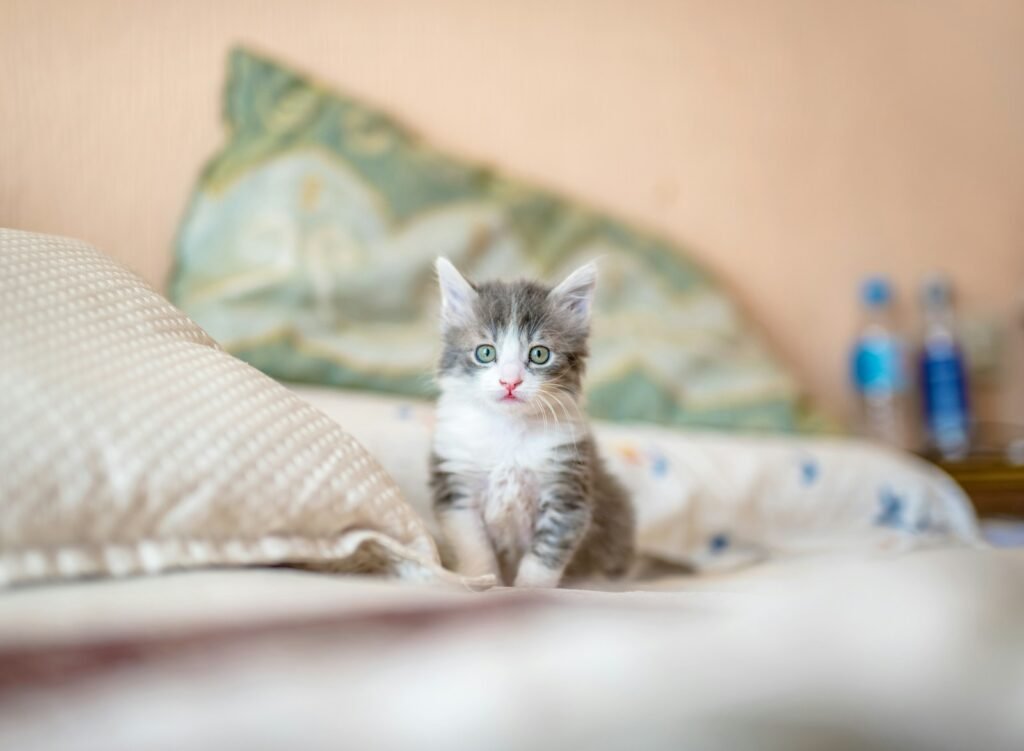
Play is an essential aspect of a cat’s development, rooted deeply in their evolutionary history. In the wild, play prepares kittens for hunting, foraging, and the complexity of survival. This behavior, driven by instinct, continues into domesticated life, shaping how cats interact with their environment and the people around them.
The Early Stages of Play in Kittens
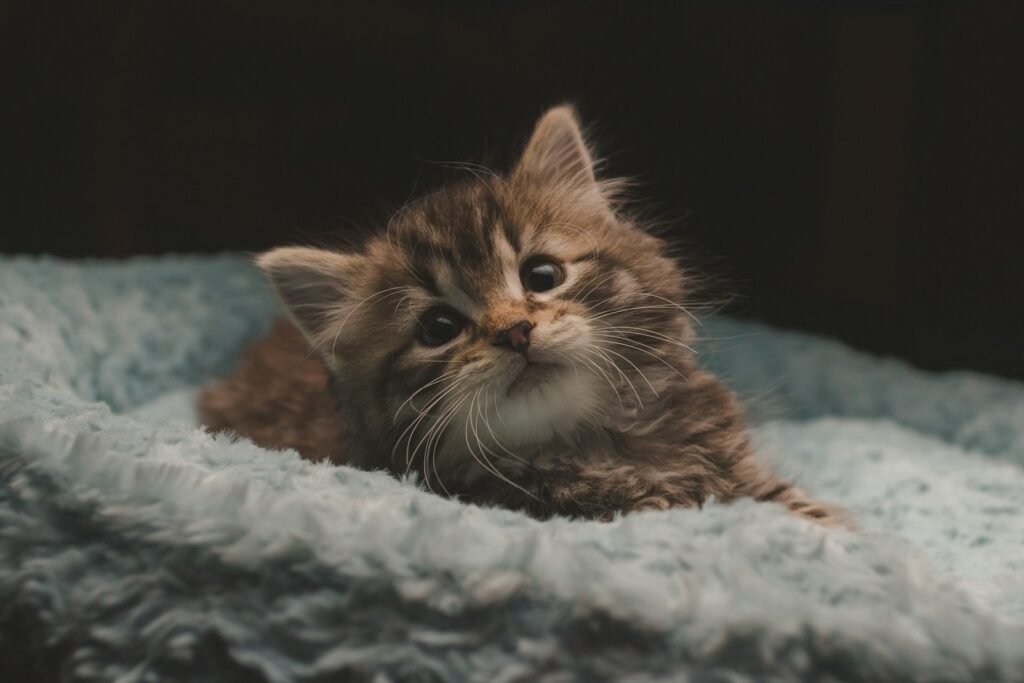
In kittens, play is not merely recreational but educational. It begins as early as two weeks of age and peaks around eight to 16 weeks. During this time, kittens engage in social play, learning to calibrate their bites and claws, which are essential skills for social interaction in adulthood.
Social Play: Building Bonds and Communication
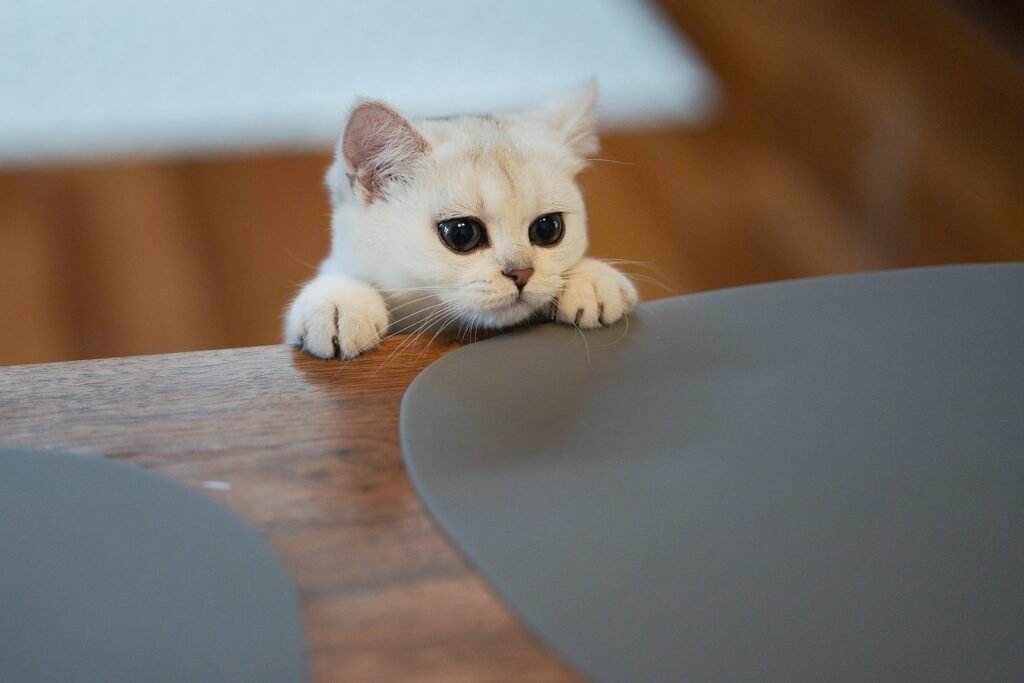
Social play among cats, and even with humans, strengthens bonds and enhances communication skills. Whether it’s wrestling with littermates or chasing a toy with their owner, these interactions help cats learn boundaries and improve their social behavior.
Developing Motor Skills Through Play
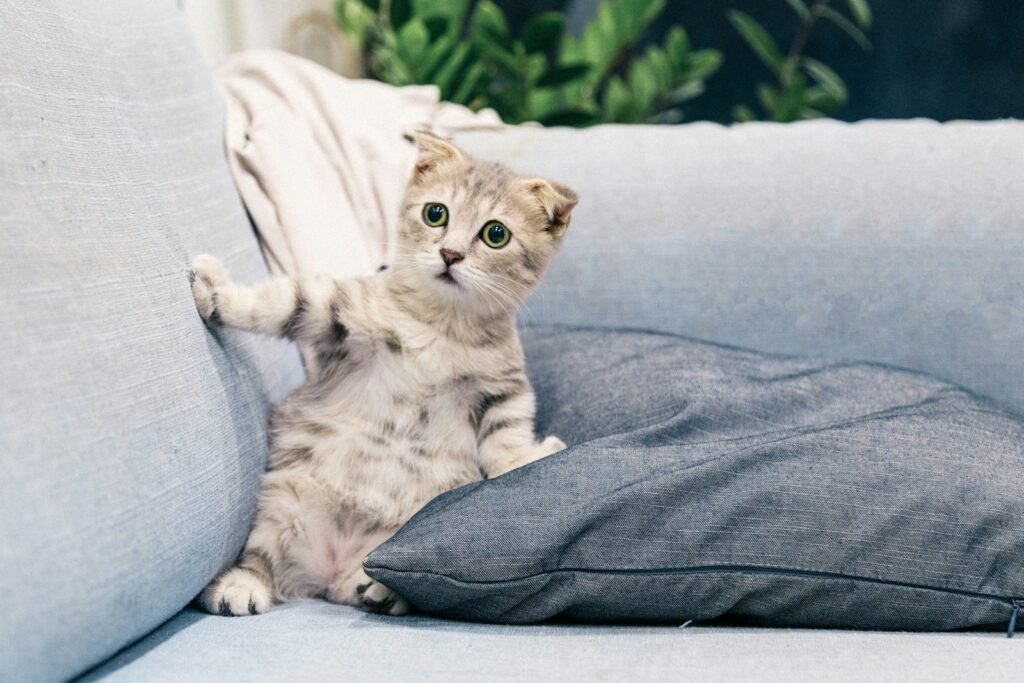
Play significantly contributes to the development of a cat’s motor skills and coordination. The act of chasing a feather or engaging in a game of fetch helps kittens—and even adult cats—fine-tune their agility and reflexes, crucial qualities that transcend into their personality as confidence and awareness.
The Psychological Impact of Play on Cats
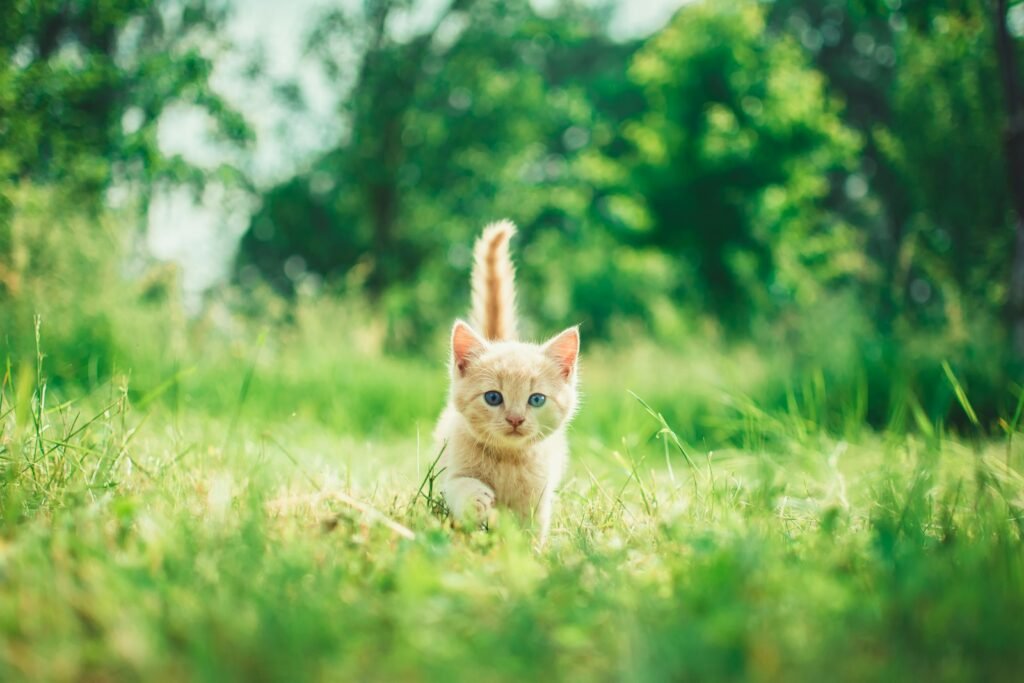
The psychological benefits of play are profound. Regular play sessions are associated with reduced stress and anxiety levels in cats, fostering a more relaxed and sociable personality. A playful cat is often a happy cat, demonstrating curiosity and a willingness to engage with its surroundings.
Play as a Tool for Behavior Management
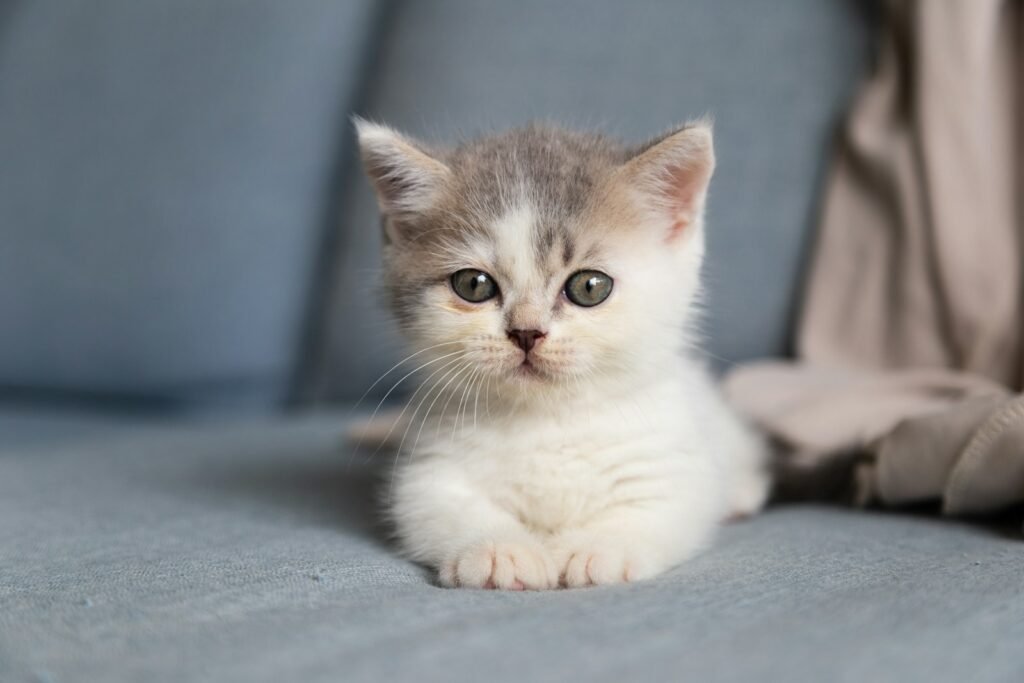
Behavioral issues, such as aggression or timidness, can often be mitigated through structured play. Play provides a safe outlet for expressing excitement and energy, reducing the incidence of negative behaviors. This is especially true in high-energy cats that require ample stimulation.
The Role of Interactive Play in Enhancing Intelligence
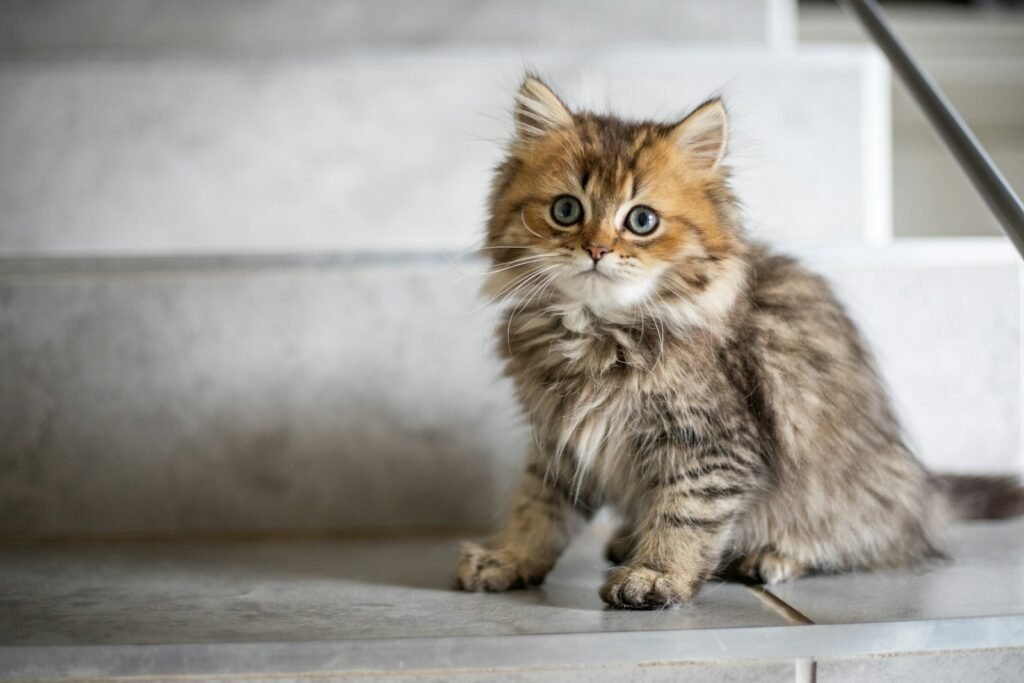
Interactive play, involving puzzles and problem-solving toys, can act as a cognitive exercise that enhances a cat’s intelligence. These activities stimulate a cat’s mind, fostering problem-solving skills and enhancing their ability to learn from their environment and experiences.
The Human Factor: Engaging Cats in Play
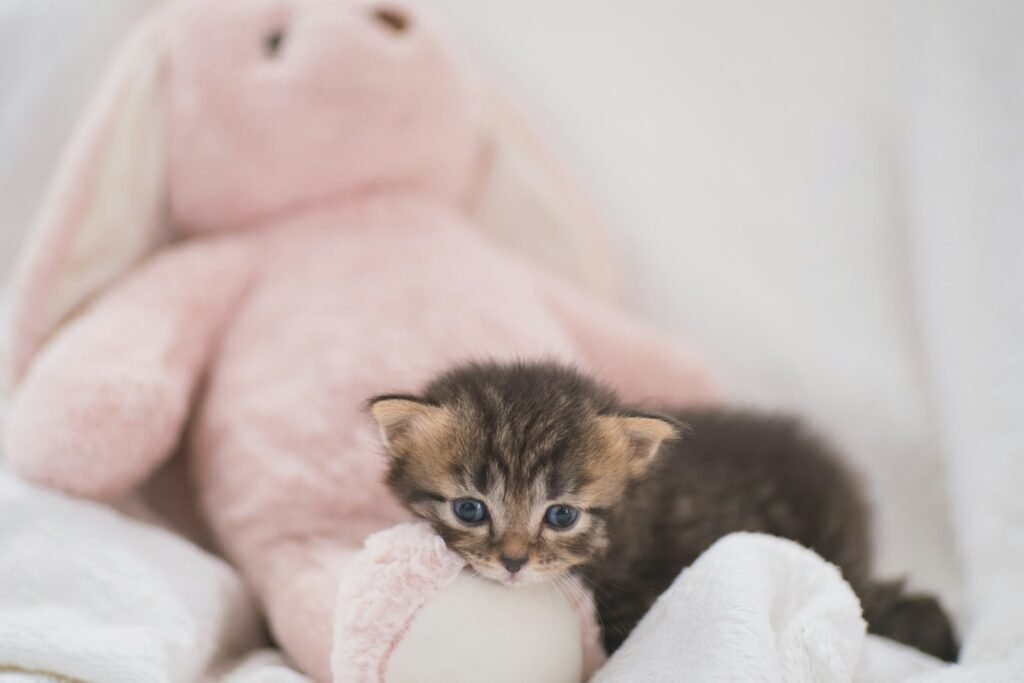
The involvement of humans in cat playtime is another crucial element. Owners who engage with their cats through regular play help nurture a strong bond, instilling a sense of trust and security in their feline friends. This interaction can deeply impact a cat’s temperament, encouraging a friendlier and more sociable personality.
Adapting Play Activities for Different Personalities
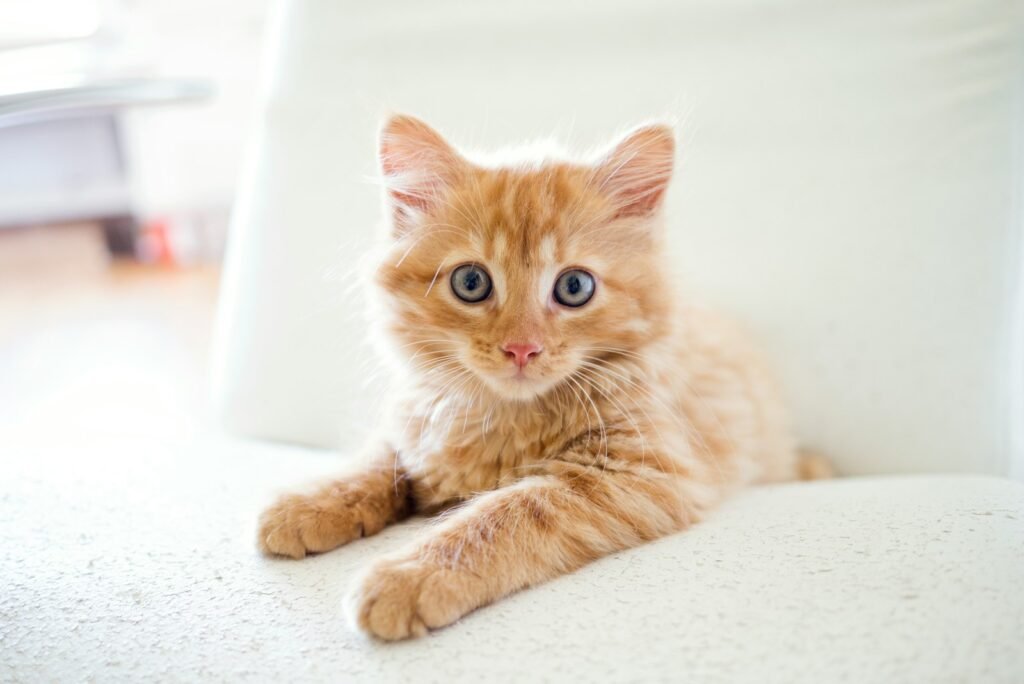
Cats, much like humans, have varying personality types that require tailored play activities. Understanding your cat’s unique personality can help you choose the right kind of play to foster their growth. For instance, timid cats may benefit from quieter, gentle play, while more extroverted cats thrive with interactive and challenging games.
Conclusion: Play as a Lifelong Necessity
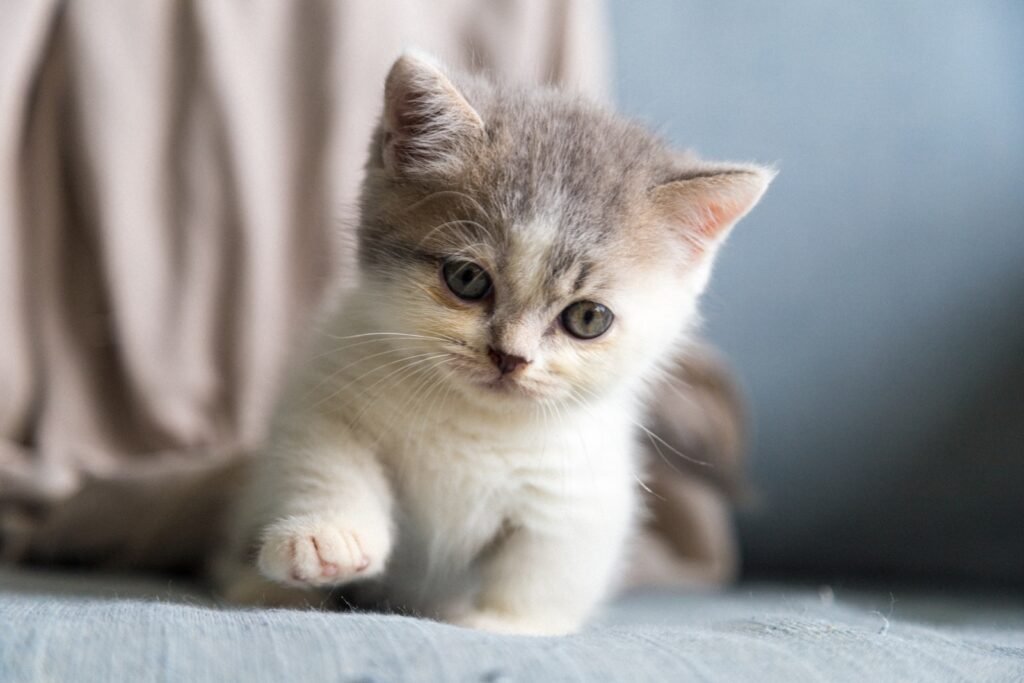
As cats age, their play behavior naturally decreases, yet it remains an essential component of a healthy lifestyle. Even adult and senior cats benefit from regular play, as it keeps them active, mentally sharp, and emotionally balanced. Understanding the role of play in shaping a cat’s personality not only enhances the quality of life for our feline companions but also enriches the bond we share with them, making play a fundamental aspect of responsible pet ownership.
Hi, I’m Bola, a passionate writer and creative strategist with a knack for crafting compelling content that educates, inspires, and connects. Over the years, I’ve honed my skills across various writing fields, including content creation, copywriting, online course development, and video scriptwriting.
When I’m not at my desk, you’ll find me exploring new ideas, reading books, or brainstorming creative ways to solve challenges. I believe that words have the power to transform, and I’m here to help you leverage that power for success.
Thanks for stopping by, Keep coming to this website to checkout new articles form me. You’d always love it!






